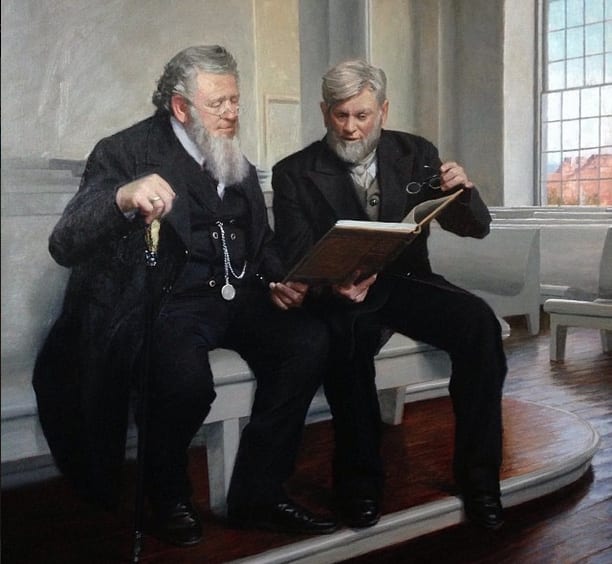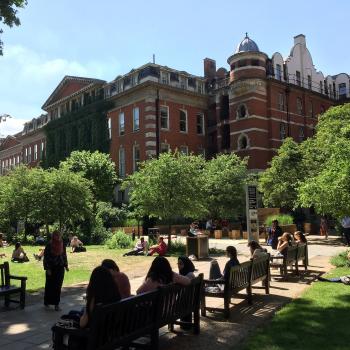
I found these quotations in Brent L. Top, What’s On the Other Side: What the Gospel Teaches Us about the Spirit World (Salt Lake City: Deseret Book, 2012). I believe that Brigham Young had at least one near-death experience — possibly including one when he was suffering from Rocky Mountain fever during the 1847 pioneer trek to the Great Basin West. That would obviously mean that he was speaking from direct personal experience:
I can say with regard to parting with our friends, and going ourselves, that I have been near enough to understand eternity so that I have had to exercise a great deal more faith to desire to live than I ever exercised in my whole life to live. The brightness and glory of the next apartment is inexpressible. It is not encumbered with this clog of dirt we are carrying around here so that when we advance in years we have to be stubbing along and to be careful lest we fall down. . . . But yonder, how different! . . . Here, we are continually troubled with ills and ailments of various kinds, . . . but in the spirit world we are free from all this and enjoy life, glory, and intelligence. (Journal of Discourses, 14:231)
We shall turn round and look upon it and think, when we have crossed it, why this is the greatest advantage of my whole existence, for I have passed from a state of sorrow, grief, mourning, woe, misery, pain, anguish and disappointment into a state of existence, where I can enjoy life to the fullest extent as far as that can be done without a body. (Journal of Discourses, 17:142)
We have more friends behind the vail than on this side, and they will hail us more joyfully than you were ever welcomed by your parents and friends in this world; and you will rejoice more when you meet them than you ever rejoiced to see a friend in this life. (Journal of Discourses, 6:349)
[S]pirits will be familiar with spirits in the spirit world — will converse, behold, and exercise every variety of communication with one another as familiarly and naturally as while here in tabernacles. (Discourses of Brigham Young, 380)












